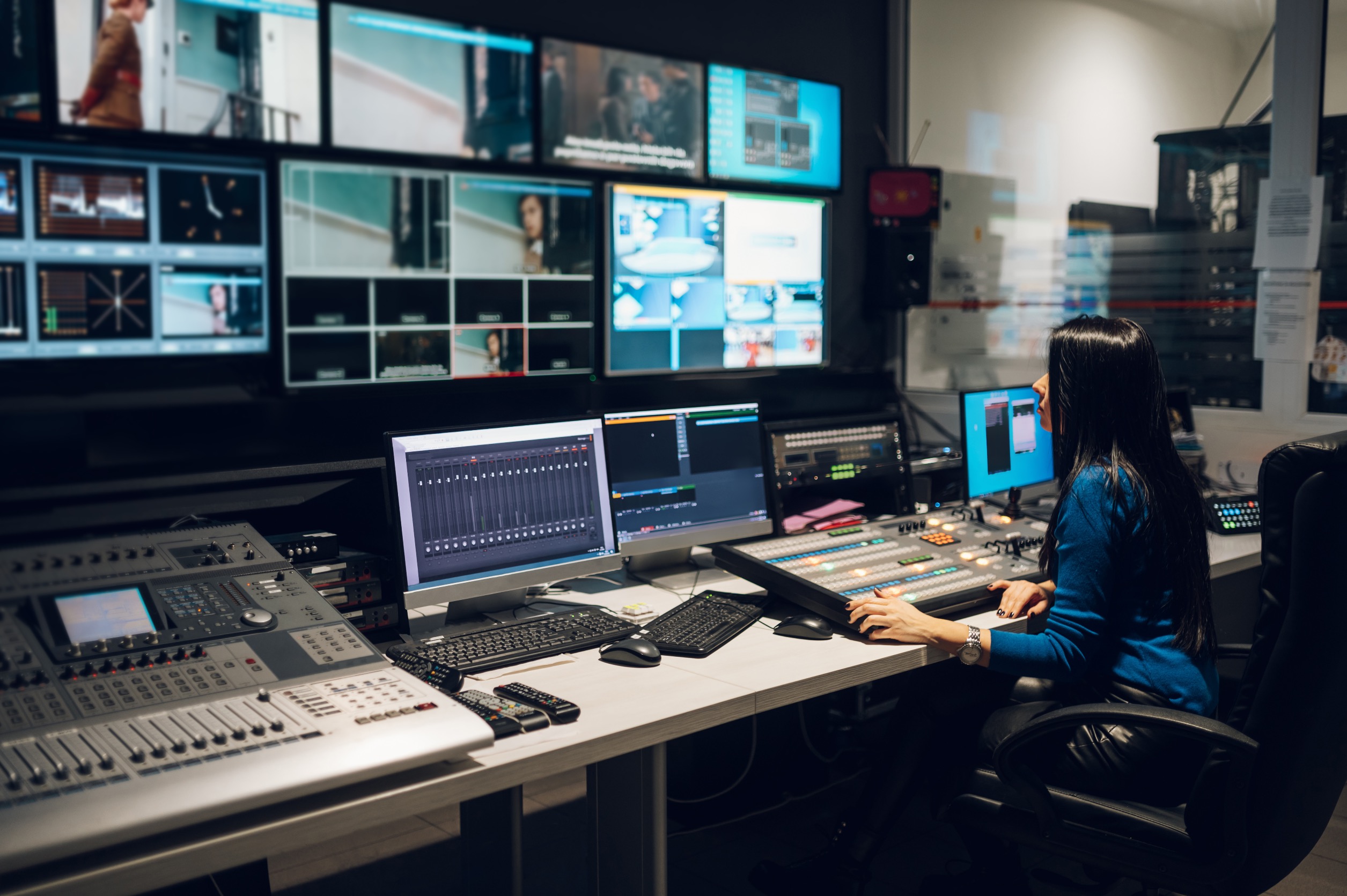Why do TV Broadcasts need agreements?
TV broadcasts involve a large range of legal issues from employee rights to intellectual property. Production agreements ensure that parties are on the same page regarding services, timelines, and payment.
What are the legal considerations involved in a TV broadcast production?
Intellectual property rights are a major consideration in TV productions because productions use many copyrighted materials including music, images, and footage. All necessary licenses and permissions need to be obtained to use the materials in production. TV productions also produce new intellectual programming that needs to be protected with copyrights and trademarks. The next concern is privacy and defamation, because many productions use portrayals of real people and personal information. Companies should obtain permissions and releases from individuals appearing in the production to ensure they are not violating privacy or defamation laws. TV productions also require staff and companies need to ensure they are complying with employment laws including minimum wage, overtime regulations, and discrimination. When productions include advertisements and sponsorships, they must comply with any laws regarding disclosures, disclaimers, and other advertising practices. The Federal Communications Commission (FCC) regulates the use of certain words and images, as well as requirements for closed captioning and audio descriptions. TV productions must comply with FCC regulations as well as any other relevant regulations. Finally, TV broadcast productions should have insurance because there is the potential for liabilities such as accidents on set or copyright infringement allegations.
What agreements are involved in a TV broadcast production?
A TV Broadcast production involves several agreements governing the use of intellectual property, distribution of related content, and the relationship between the company, broadcasters, and other parties involved. A production agreement outlines the terms for the production of the program, including budget, schedule, delivery date, and the ownership of content. This agreement is between the production company and the broadcaster. A talent agreement is between the production company and the talent involved in the production. This agreement outlines the terms of their engagement, including payment to the talent, intellectual property rights and any non-disclosure agreements. A music licensing agreement outlines the terms of use of any music in the program. A distribution agreement is between the production company and the company distributing the program to various territories or platforms. A sponsorship agreement is between the production company and the program sponsors. This includes the payment, duration, and sponsor’s involvement in the production. Finally, the production company will have release agreements with any individuals or entities featured in the program, which grant the production company permission for their image or voice to be used.








